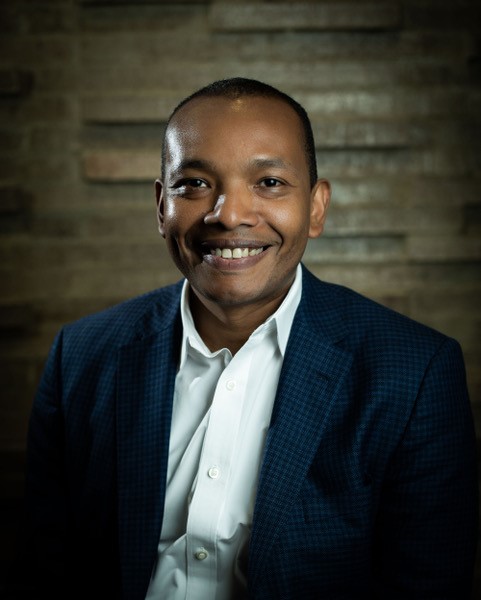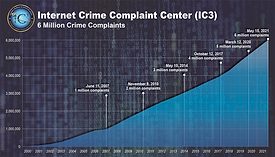Management
Constella Intelligence research reveals that one in four cybersecurity leaders use the same passwords for both work and personal use; more than half experience account takeover first-hand
Read More
Sign-up to receive top management & result-driven techniques in the industry.
Join over 20,000+ industry leaders who receive our premium content.
SIGN UP TODAY!Copyright ©2024. All Rights Reserved BNP Media.
Design, CMS, Hosting & Web Development :: ePublishing










